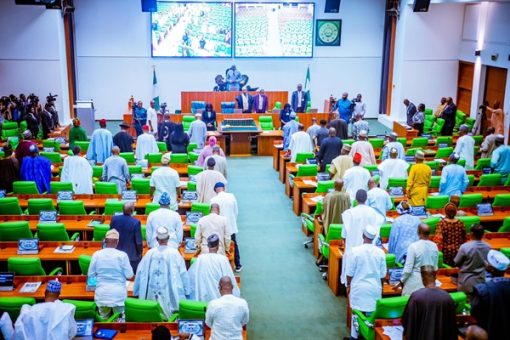A bill for an act to provide a legal framework for a free internet access programme in selected public places in Nigeria and for related matters has scaled second reading in the House of Representatives.
The bill, which seeks to ensure free access to internet services for the underserved and disadvantaged citizens, especially in rural areas, was sponsored by Rep. Abubakar Kusada at plenary on Thursday.
Mr Kusada recalled that the bill passed its first reading on October 3, 2024, noting that it seeks to establish a clear and sustainable legal foundation for providing free internet services in selected public locations across the country.
“This bill provides a structure that enables collaboration between the government, institutions and private sector partners while ensuring the security, accessibility and responsible use of public internet infrastructure,” the lawmaker said.
He emphasised that the internet has become an essential resource for education, innovation, and civic participation. However, he said it was unfortunate that millions of Nigerians remain digitally excluded due to high data costs, limited infrastructure and public access points.
“This digital divide not only perpetuates inequality but also undermines national productivity and social mobility.
“Providing internet services in public places offers a powerful way to bridge this gap,” he said.
Speaking against the bill, Kingsley Chinda (PDP-Rivers) said he does not feel very comfortable with the provisions of the bill.
He said internet provision has been privatised, which implies that governments will need to pay for the services.
Mr Chinda argued that the provision of free internet should not have a legal framework to make it compulsory, but should be more of a policy.
“Once we have a law such as this, what it means is that if the government fails to provide it, the government is going against the law that we have made.
“If this has come as a way of motion to ask that free internet should be provided in certain public places, it would have been better.
“So I will pray that the sponsor looks at it again, to bring this by way of motion, rather than passing a bill into law, making it compulsory for free internet provision,” he said.
Also speaking, Wole Oke (APC-Osun), said internet provision had been concessioned to service providers, and it came with a cost.
He said that public places, such as airports, parks, and gardens in many countries and some parts of Nigeria, offer free internet access, but someone bears the cost on behalf of the users.
“So it is a good, noble idea, but the issue is this: Who bears this cost? Who is going to pay? Yes, public places, parks, where you enjoy free internet services,” he said.
On his part, Dennis Agbo (LP-Enugu) suggested that the cost should be shared among the internet providers and the government.
He said that it could be subsidised to ensure that internet access becomes available to people, even in such rural places.
In his ruling, the speaker of the House, Abbas Tajudeen, referred the bill to the relevant committees for further legislative consideration.
(NAN)











